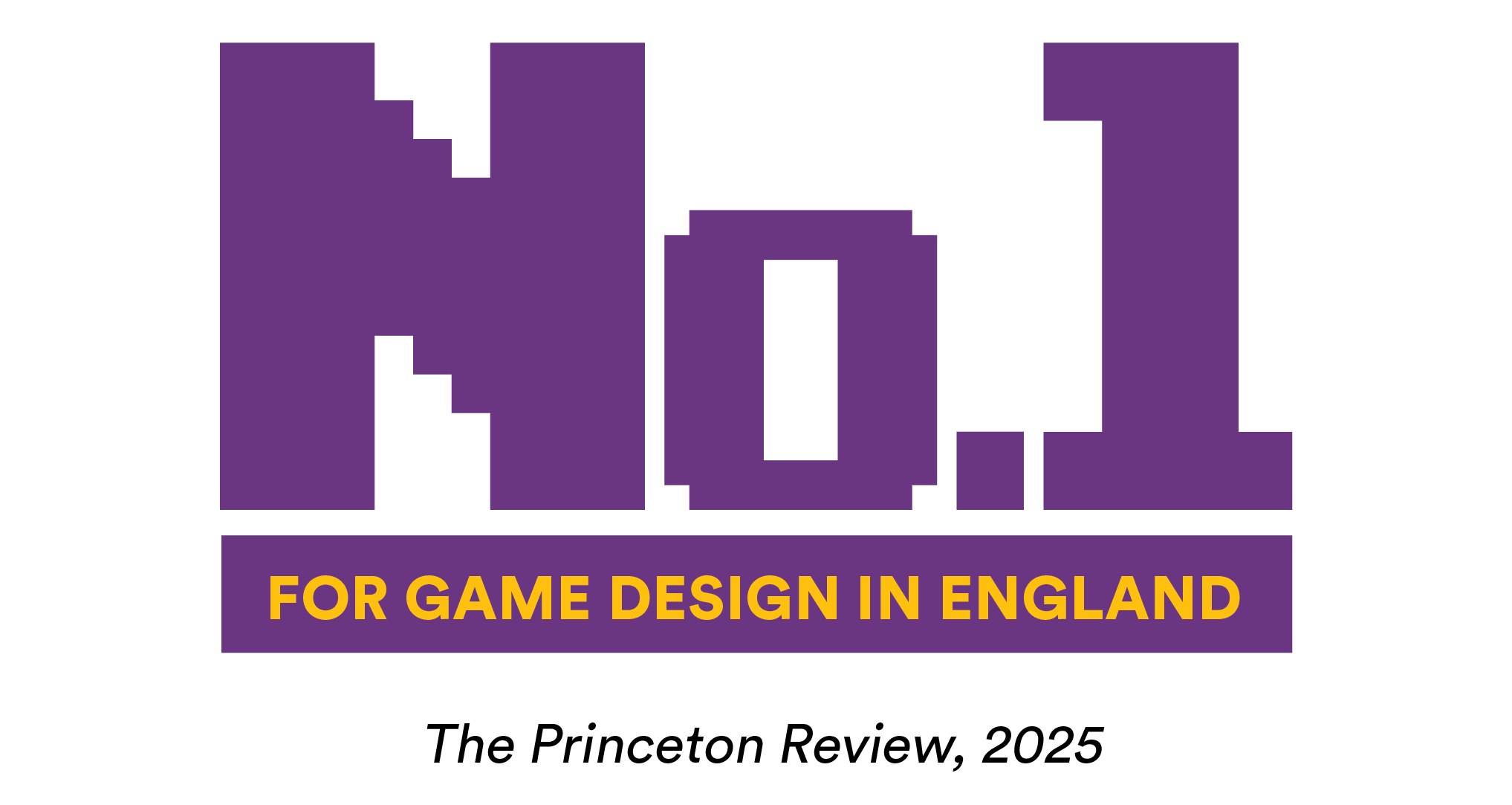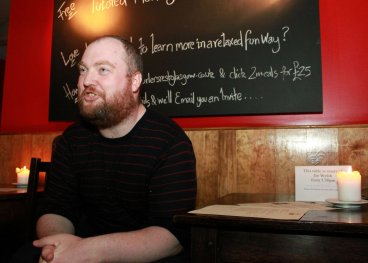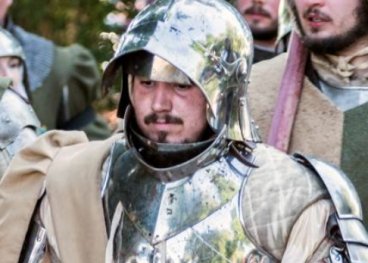
Game Programming MSc
Get the edge in the highly competitive games industry.
Course overview
Whether you’re currently studying for a computing degree, are in the early stages of your career or want to re-train in this exciting field, this Gaming Programming course will help you to become a confident game developer who can deliver compelling play experiences.
Working with artists and designers in a studio environment that mirrors the industry, you’ll experiment with cutting-edge technologies and game programming techniques. You’ll learn technical, creative and professional skills from experienced game developers and researchers. You’ll also benefit from our industry connections and insights – several of our graduates have founded successful indie game studios.
Study at Falmouth:
- Develop an imaginative approach to problem-solving, complementing your technical expertise and other highly sought-after transferable skills
- Learn from game developers with experience spanning experimental gameplay, human-computer interaction, graphics and simulation, distributed systems, analytics, artificial intelligence, procedural content generation, physical computing and digital creativity
- Be encouraged to explore your unique creative voice and experiment freely with new technologies
- Undertake cutting-edge research under the supervision of subject matter specialists
The Games Academy is an educational affiliate of the BCS

Similar courses
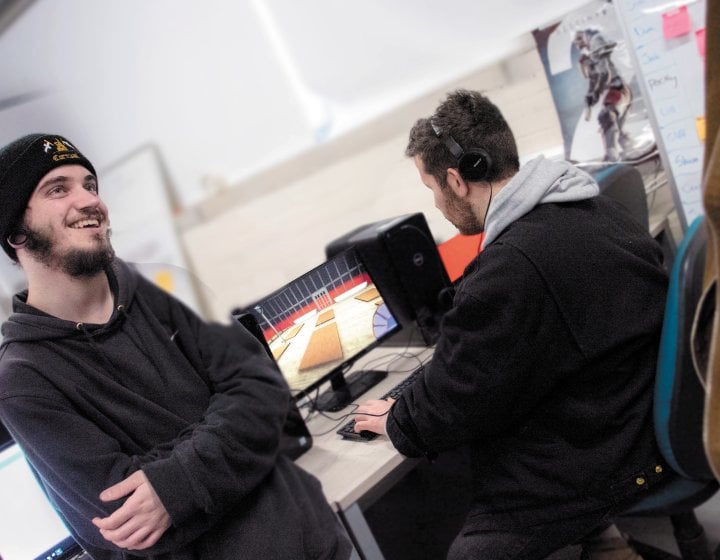
Indie Game Development MA (Online)
Become a confident and daring indie game developer, producing vibrant and engaging experiences for g...
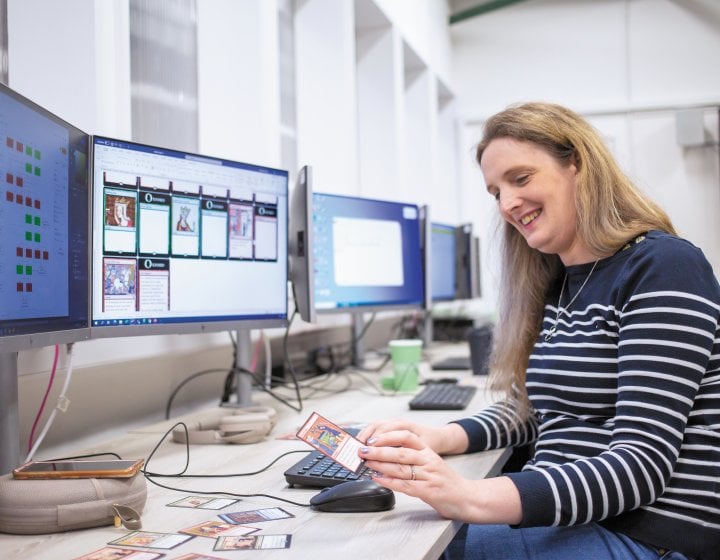
Game Design MA
Are you passionate about games and keen to make them better? Do you feel curious about what makes a ...
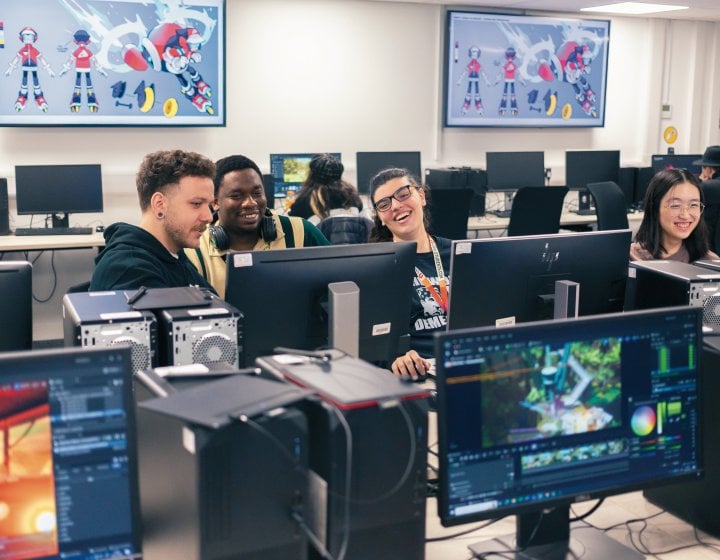
Game Art MA
Are you an artist with a passion for games? Do you want to develop your skills to meet the challenge...
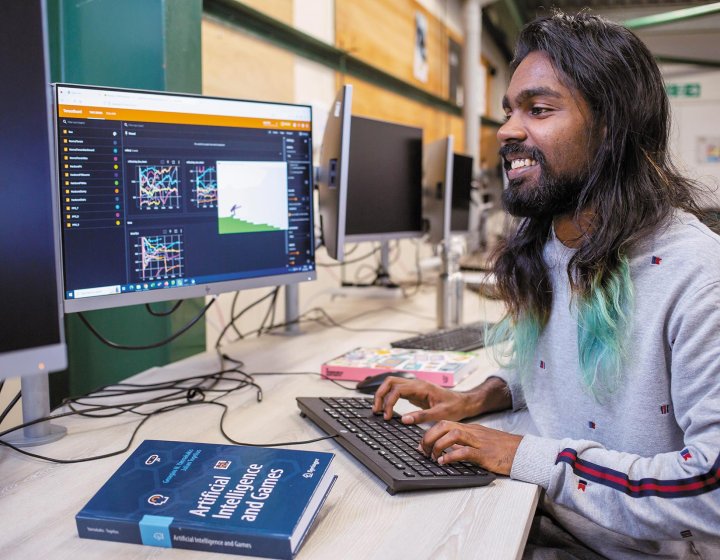
Artificial Intelligence for Games MSc
Break new ground in the application of AI for games. Do you want to explore the applications of...
